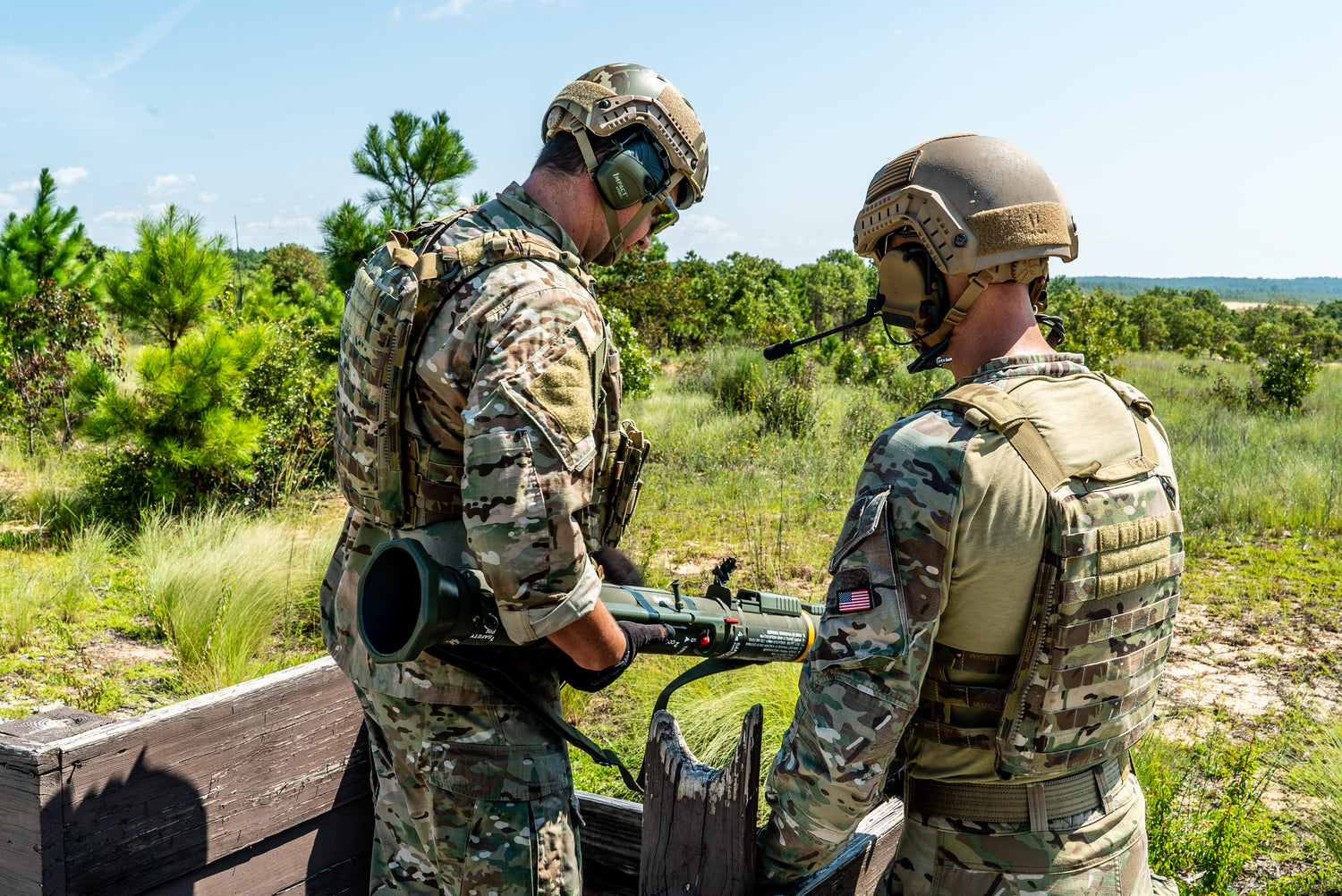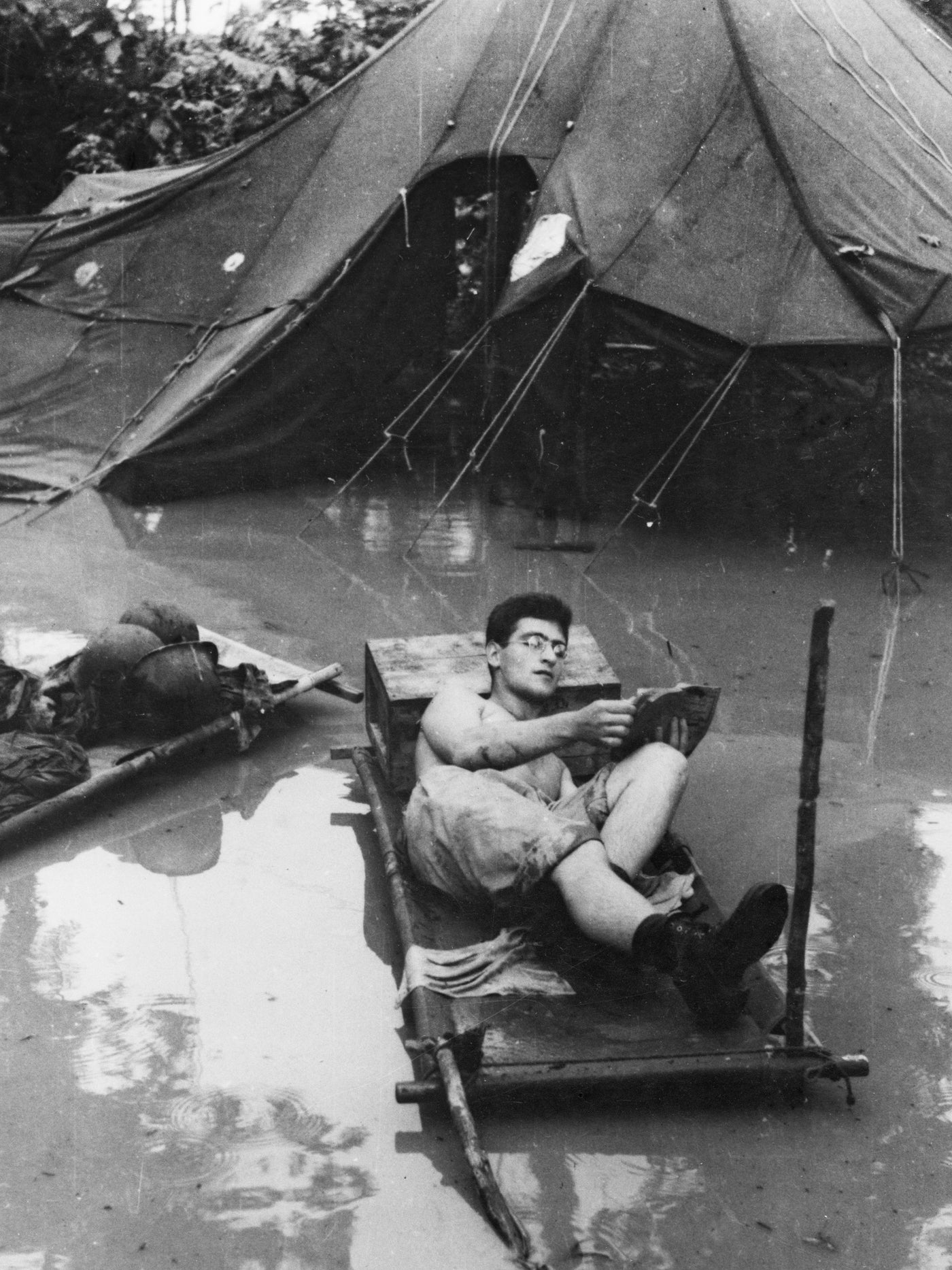One of the first conversations coaches have with people is about their goals. To best do our jobs, we need to know what it is they out of their training program.
Are they after six-pack abs? Chasing a 300-pound snatch? Looking for the ability to run faster and jump higher?
Most often, we’re met with the typical, “all of the above.”

As a coach for SOFLETE, it’s become obvious that tactical or hybrid athletes want to be good at everything. They’re the ones often in search of “all of the above,” which makes perfect sense when you think about it on a surface level.
Due to the uncertainty of your profession, you try and train for all the things all the time. Therefore, as I coach of tactical athletes, I am no longer surprised when they come to me hurt, stressed out and unable to achieve balance.
The question remains if you consider yourself a member of the "tactical" community, how best should you train?
Tactical Athletes Need to Be the Best Movers on the Planet
Fitness is not the job of a tactical athlete.
This slogan should be a mantra posted up in every military gym and police HQ fitness facility. Your job is your job, which has specific fitness requirements. Your six pack and biceps don't stop bullets. Your body armor does.
Tactical athletes have to be the best movers. As a baseline, if you want to prepare yourself for the genuine uncertainty of the battlefield, focus on a solid foundation of movement. If your training is geared at loading your frame with hundreds of pounds of excess muscle, not only are you restricting movement, but when your ass gets shot, it will take your whole team to move you. This makes you a liability, rather than an asset, despite your 500lb bench press.

What this means for your training is that you need to focus on a base of mobility and postural strength, not size. You need to be able to change directions, run, jump, sprint and most of all, not get hurt all the damn time. If you find yourself incapacitated for three weeks because you rolled your ankle walking through a furnished house with NVGs on, you're wrong.
As a tactical athlete, your joints take a beating. Between ruck marches, body armor and the effects of a solid PLF, your joints bear the brunt of your work. By increasing your range of motion combined with the proper stress of an external load to recondition the body, you can increase the longevity of your lethality.
After all, outlasting your enemy is the goal, right?
Tactical Athletes Need a Level of Unprecedented Balance of Mind and Body
It’s relatively simple to structure training plans based on energy system requirements. If you are a cop chasing a suspect through crowded city streets, I know that you are going to require a robust aerobic system that can facilitate the creation of ATP (Adenosine Tri-Phosphate) so you can ultimately outlast the perp on foot.
But when that suspect draws a weapon, forcing you to draw yours and ultimately end his or her life, it induces a stress that sticks with you. And that stress takes a physiological toll that impacts your training. You are a fool to believe otherwise.

Situations like the one mentioned above are where we begin to see the benefits of mindset training. Put just, your brain can be trained just like your body, and as a tactical athlete, you need a firm grasp on your "why.”
Where mindset training differs from physical training though is in approach. Mindset isn't achieved through sets and reps like a back squat. This is done in those quiet moments that you have with yourself when you first wake up or before you go to bed, when you recite your personal mantra that keeps your head in the game when it matters most.
Your mindset is what brings you into the gym in the first place and gives you the drive you need to continue going. At SOFLETE, we don't preach the hippie shit because we care about the lives of trees. We teach it because it works. Each former member of the SOF employee base at SOFLETE, has personal experience with those dark moments that come from making the hardest decisions in the execution of their duties.
Soon, those stressful moments begin to manifest themselves in the form of actions and those actions have consequences that impact your ability to train. It’s why alcohol isn’t "on the meal plan." Tactical athletes need to understand that all physical training is is "controlled, acute physical stress designed to create a stress adaptation." Those stress adaptations can be positive or negative.
Tactical Athletes Have the Highest Stakes of All Athletes
Tactical athletes play for the highest of stakes. The consequences of failure make the need to train of the utmost importance to all those who partake in this sport. Like athletes in other sports, tactical athletes play team sports. If you train like a specialist, you're doing it wrong. This isn't to say that you can't have hobbies and things that you do on the outside to "supplement" your job performance, but when the "supplement" becomes the main focus, you've entered into the realm of specialty.

Type A people don't do well wrestling the concept of "not being the best" in anything they do. Which is all the more reason to understand what exactly it is you are trying to be the best at. As a tactical athlete, you are trying to be the best at your job. Rich Froning or Matt Fraser might be the fittest men on the planet, but they weren't Green Berets and therefore they are not in my arena.
As leaders in the tactical realm, this is a valuable lesson to let solidify in your brain. Just because someone can run a four-minute mile on the PT test doesn't make them the best soldier. Focused training to suit their needs and the needs of their team on the battlefield does. Tactical athletes are those who those who can run pretty well, lift pretty well and live pretty well, too.
[supplement-ad]





Leave a comment
This site is protected by hCaptcha and the hCaptcha Privacy Policy and Terms of Service apply.